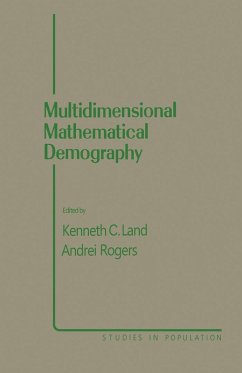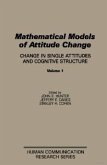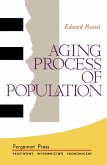Multidimensional Mathematical Demography is a collection of papers dealing with the problems of inaccurate or unavailable demographic data, transformation of data into probabilities, multidimensional population dynamic models, and the problems of heterogeneity. The papers suggest a unified perspective with emphasis on data structure to work out multidimensional analysis with incomplete data. To solve inaccuracies in data, one paper notes that designs and use of model multistate schedules, for example, methods of inferring data, should be a major part in multistate modeling. Other papers discuss the state-of-the-art in abridged increment-decrement life table methodology. They also describe the estimation of transition probabilities in increment-decrement life tables where mobility data available is from the count of movers from a population survey. One paper reviews the possible extension of a multiregional stochastic theorem associated in a single-regional case; and then analyzes what the stochastic model needs when it is used with real data. Another paper explains strategies concerning population heterogeneity when it pertains to the mixtures of Markov and semi-Markov processes; Markov processes subject to measurement error; and the Heckman and Borjas model. This collection can be read profitably by statisticians, mathematicians, mathematical demographers, mathematical sociologists, economists, professionals in census bureaus, and students of sociology or geography.
Dieser Download kann aus rechtlichen Gründen nur mit Rechnungsadresse in A, B, BG, CY, CZ, D, DK, EW, E, FIN, F, GR, HR, H, IRL, I, LT, L, LR, M, NL, PL, P, R, S, SLO, SK ausgeliefert werden.









